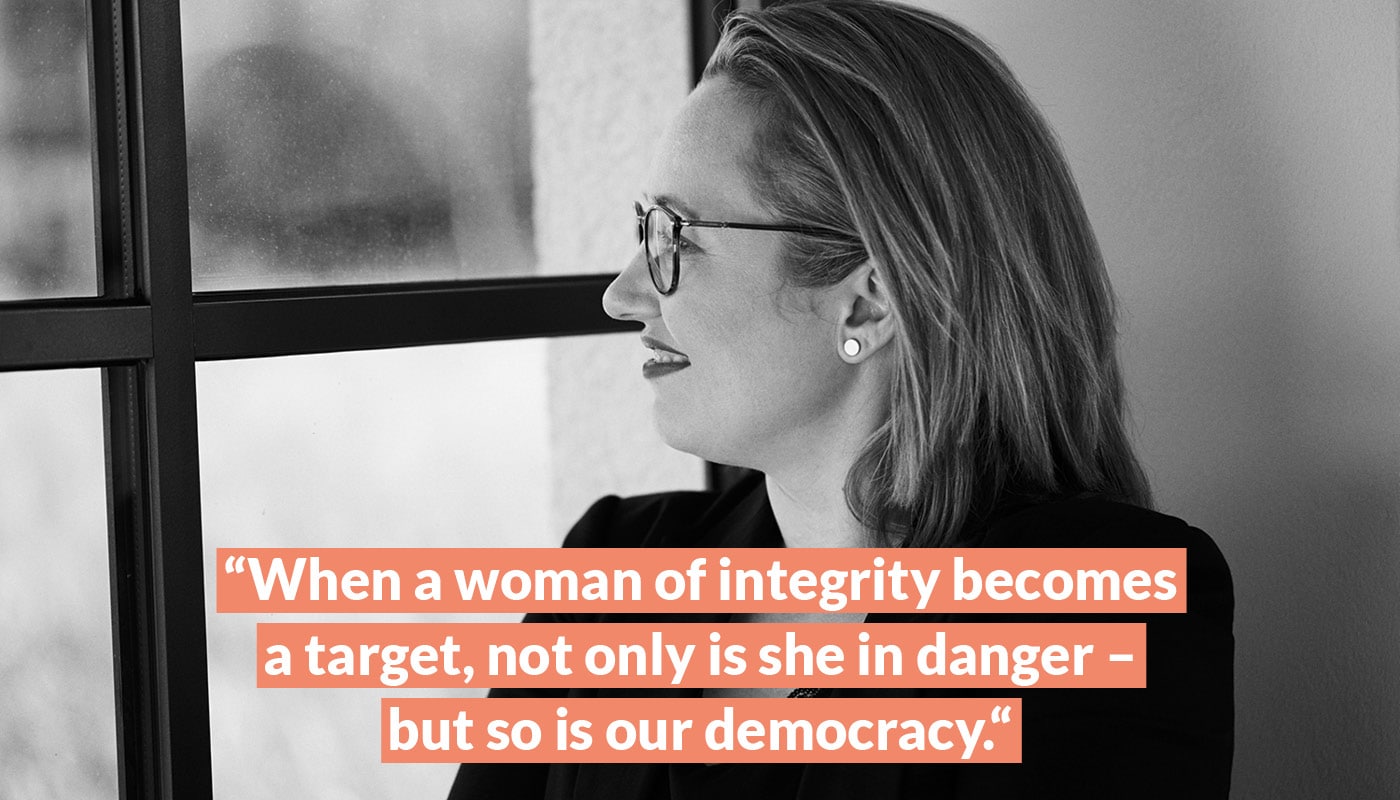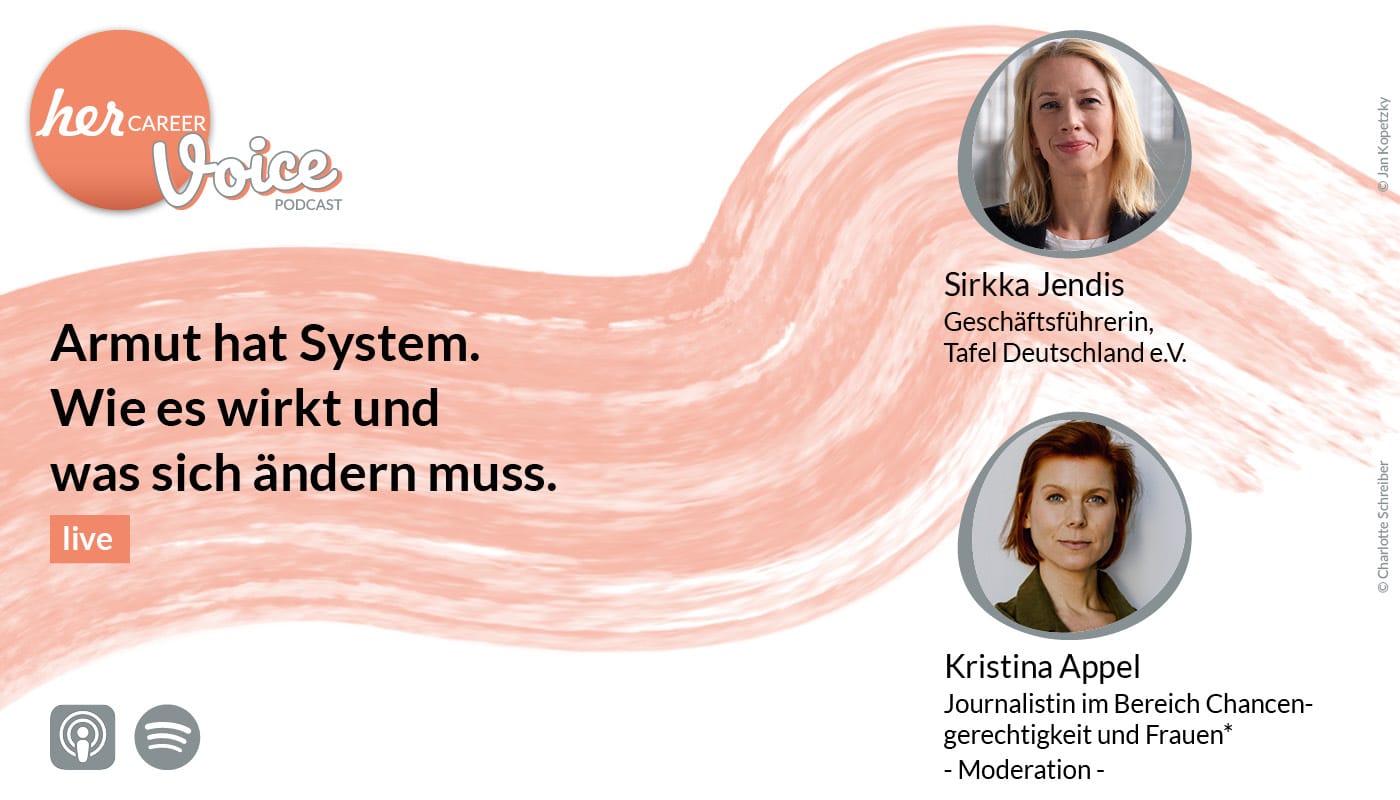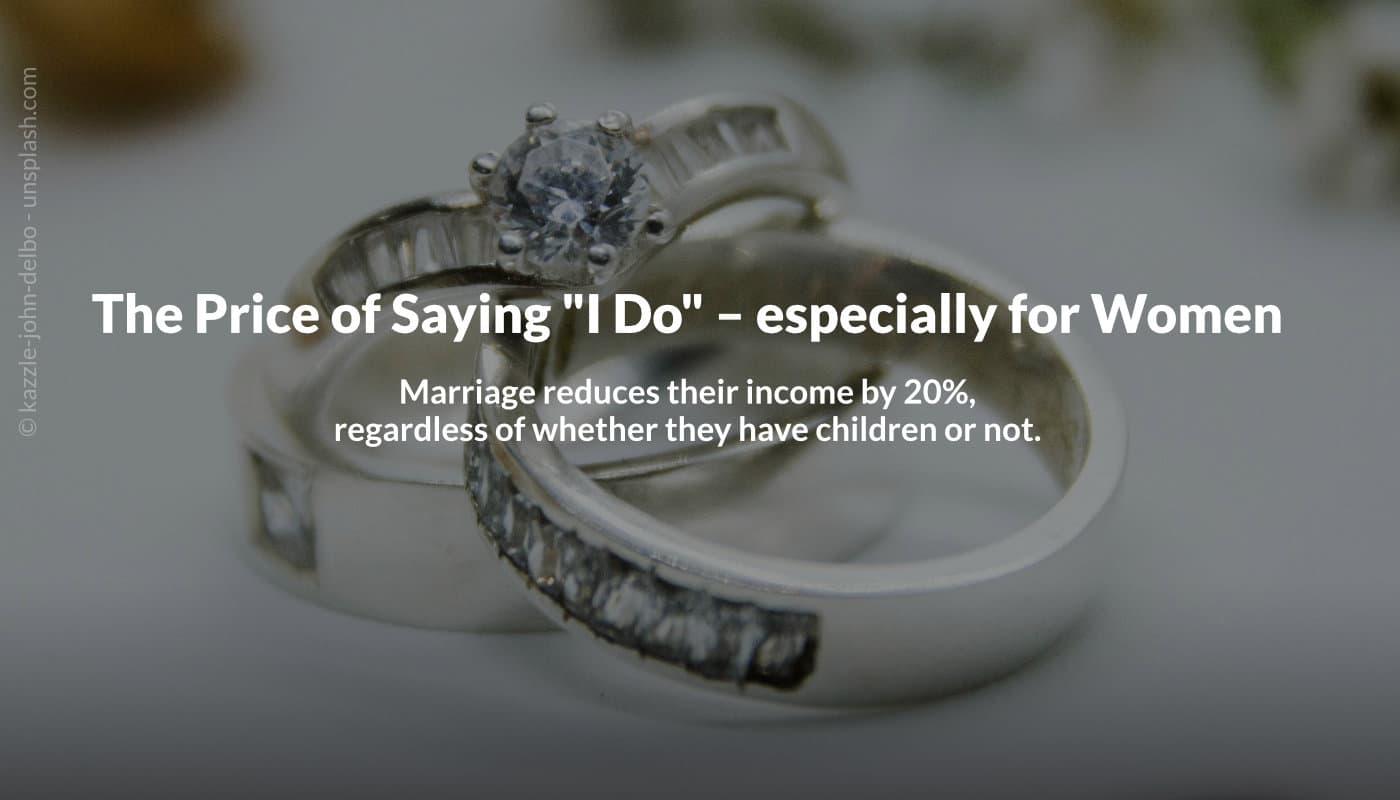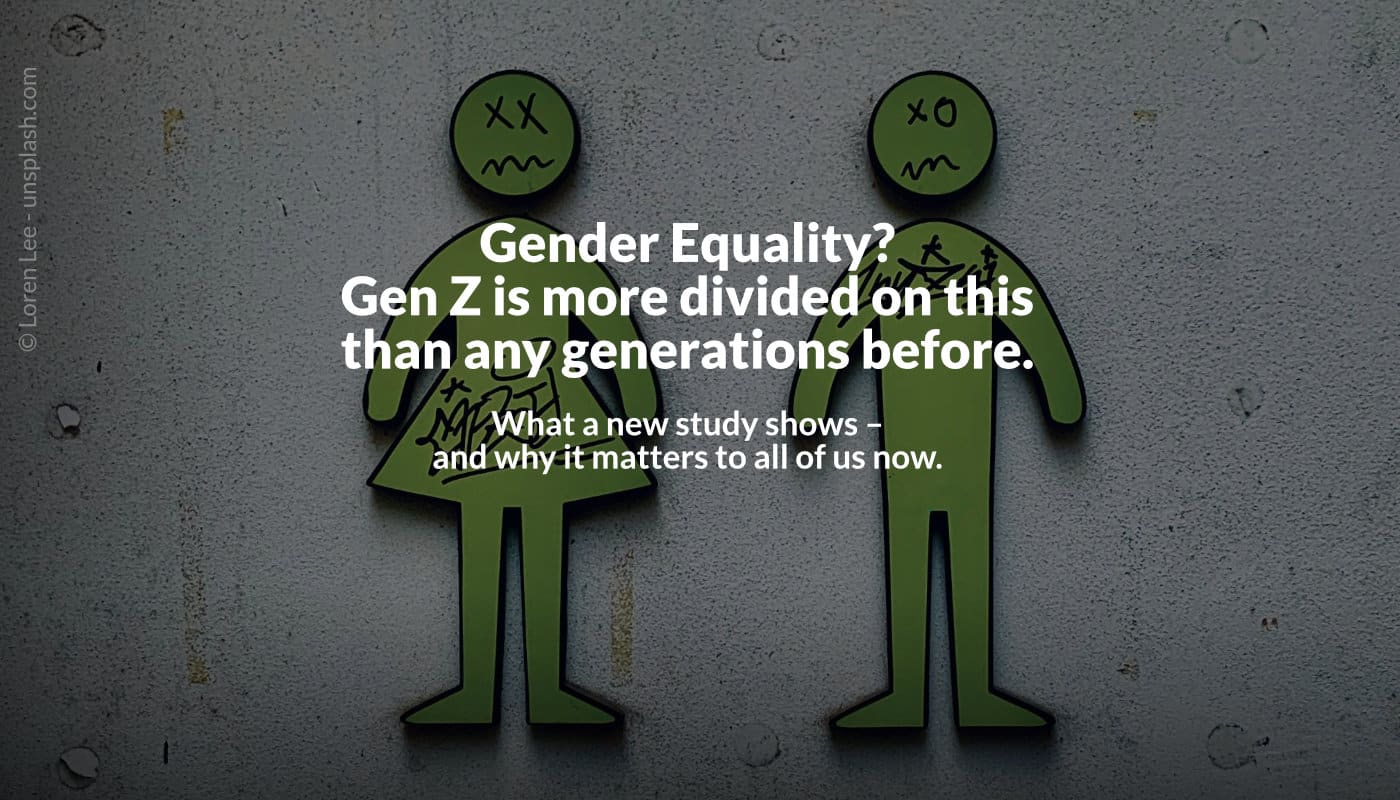“Dr. Isabel Rohner was ten years old when the canton of Appenzell voted on women’s suffrage. ‘Equality became the theme of her life,’ as noted in taz. The Swiss author now has a new home, Berlin. Regarding women’s suffrage in Germany, which has been around for a bit longer, she wrote about it in her book 100 Years of Women’s Suffrage – Goal Achieved! … and What’s Next?”
So, what about women’s rights today? “We’ve come further than we were 100 years ago. Despite the backlash.” When thinking of backlash, Afghanistan under the Taliban immediately comes to mind. “But when people now say it was a mistake to intervene there, I say: ‘No!’ During the years when the Taliban weren’t in power, girls received an education. That alone made it worthwhile.”
Reflecting on the discussions leading up to the introduction of women’s suffrage in the Swiss canton of Appenzell – the last bastion of an exclusively male electorate – Rohner recalls: “Back then, I heard nothing but misogynistic voices on TV and radio. Things like, ‘But can women even vote?’ or ‘Should women really have a say in the construction of a gymnasium?'” The debates were particularly absurd since Appenzell women had been eligible to vote at the federal level since 1971, but they were still denied that right at the cantonal level.
Through her writing, Rohner sees herself in the tradition of journalist, novelist, and literary critic Hedwig Dohm, who as early as 1873 demanded the right to vote for women and advocated for their legal, social, and economic equality. Dohm later fell into obscurity but was “rediscovered” by the women’s movement in the 1970s. However, “the irony is that every women’s movement thinks it has to reinvent the wheel,” says Rohner. Even before Hedwig Dohm, there were women’s rights activists. “The history of women is an untold one – to this day.”
Female authors remain less visible than male authors. “In all media, male authors receive more attention in reviews: two-thirds of reviewed books are written by men,” according to a study by the University of Rostock. This is despite the fact that women read more books than men. Rohner: “As a female reader, you’re constantly engaging with the male perspective.”
Since 2006, Rohner has been working with a historian on a multi-volume complete edition of Hedwig Dohm’s works. Their application for funding was rejected. A potential sponsor summarized their reasoning: “Let me put it this way: You want to publish the works of a dead feminist. And you’re two living feminists. That’s three reasons for a no.” Rohner says there’s only one solution: “Without humor, feminists might as well throw in the towel.”

Published by herCAREER,
Posted on LinkedIn 19.12.2023
References:












